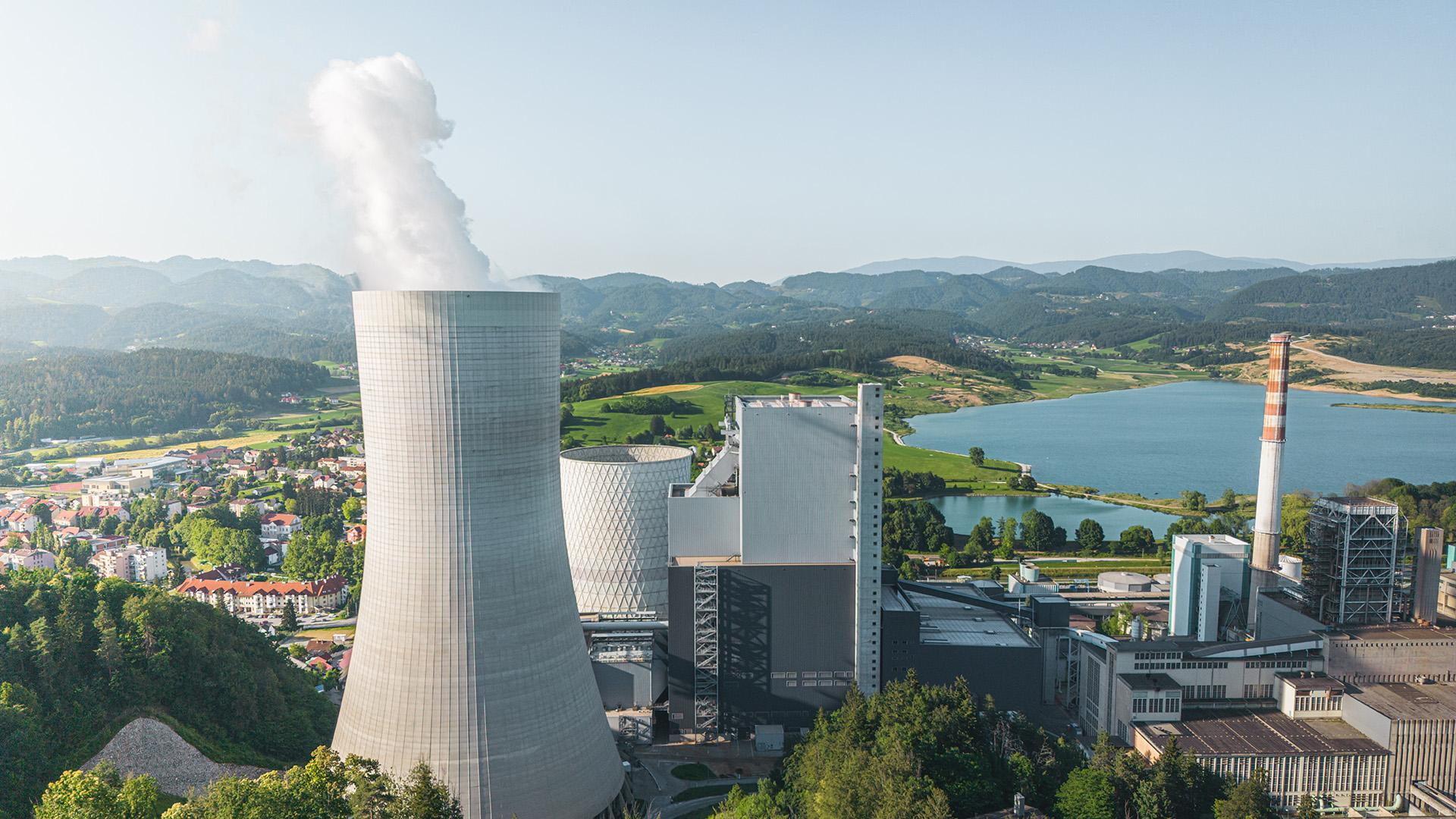As India embarks on its ambitious journey to reduce carbon emissions by 50% by 2030 and achieve net-zero by 2070, a groundbreaking indigenous solution, the Azonian Process, is gaining traction. Showcased at a recent Kolkata seminar titled “Leveraging Carbon and Carbon Management for Profitability: Scopes and Challenges,” this novel carbon capture technology claims to be a significant “game-changer.” Developed by TERI School of Advanced Studies (TERI SAS), the process harnesses the unique capabilities of the aquatic fern, Azolla, presenting a nature-based, scalable pathway towards India’s climate objectives and fostering more eco-friendly urban environments.
Achieving net-zero emissions necessitates a delicate balance between the release of greenhouse gases (GHGs) and their removal from the atmosphere, effectively neutralising their impact on global warming. This critical global strategy to combat climate change primarily involves minimising GHG emissions from various sources like fossil fuel consumption, industrial processes, and transportation. For residual emissions that cannot be entirely eliminated, offsetting mechanisms become crucial, ranging from natural processes like reforestation and wetland restoration to advanced technologies such as direct air capture (DAC) and carbon capture and storage (CCS).
The Azonian Process, the brainchild of researcher and principal scientist Souradeep Basak from TERI SAS, along with Singapore-based entrepreneur Sridev Mookerjea, stands out as an innovative nature-based carbon capture initiative. The core of the process lies in utilising the aquatic fern, Azolla, to efficiently absorb and store atmospheric carbon dioxide. This is achieved within a vertical farming structure, designed to facilitate continuous carbon capture through the fern’s remarkably rapid biomass production. Its capacity for carbon sequestration is noted to surpass many terrestrial plants, making it a compelling, sustainable complement to existing technological carbon capture methods.
Mookerjea highlighted the Azonian Process as a cost-effective and replicable model, crucial for widespread adoption across various institutions and industries. The indigenous patent-pending technology leverages Azolla’s fast growth and ability to thrive in water, making it ideal for vertical farming applications in diverse climatic conditions. This scalability is a key differentiator, as current negative emissions technologies often face economic, social, or environmental drawbacks. The ability to integrate such nature-based solutions into urban and industrial landscapes provides a pathway to creating more liveable, zero net carbon cities.
Beyond its primary function of carbon sequestration, the Azonian Process offers multiple co-benefits that align with the broader goals of sustainable and equitable development. The Azolla fern fixes atmospheric nitrogen, enriching soil quality and potentially reducing the reliance on synthetic nitrogenous fertilisers, which are significant contributors to agricultural emissions. Furthermore, the harvested Azolla biomass can be repurposed as a protein-rich nutritional feed for livestock, converted into biofuels through transesterification, or utilised as bio-fertiliser. These multi-faceted applications exemplify a circular economy approach, transforming captured carbon into valuable resources and promoting resource efficiency.
Mathematical modelling studies suggest the immense potential of Azolla; an effective cultivation area of approximately 1,018,023 square kilometres could hypothetically sequester the annual net anthropogenic CO2 emissions into the atmosphere. This echoes a historical precedent: Azolla blooms during the middle Eocene are hypothesised to have caused a massive carbon drawdown, significantly reducing atmospheric CO2 levels. As the planet has already warmed by approximately 1.1°C, scalable and versatile carbon dioxide removal technologies like the Azonian Process are indispensable for India to meet its ambitious 2070 net-zero target and to foster a truly eco-friendly, resilient, and equitable future.
Also Read: New Delhi Rain Halts NCR Traffic Greater Noida Waterlogged Again


